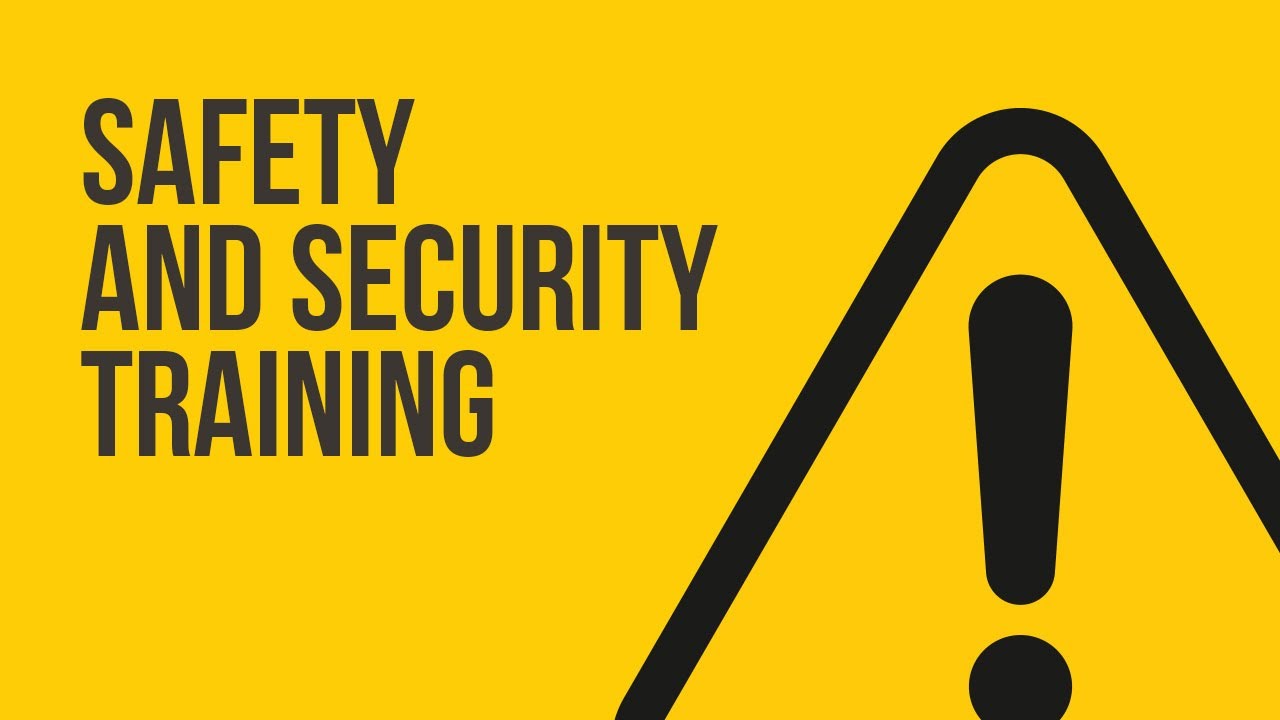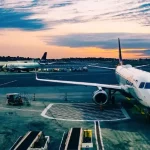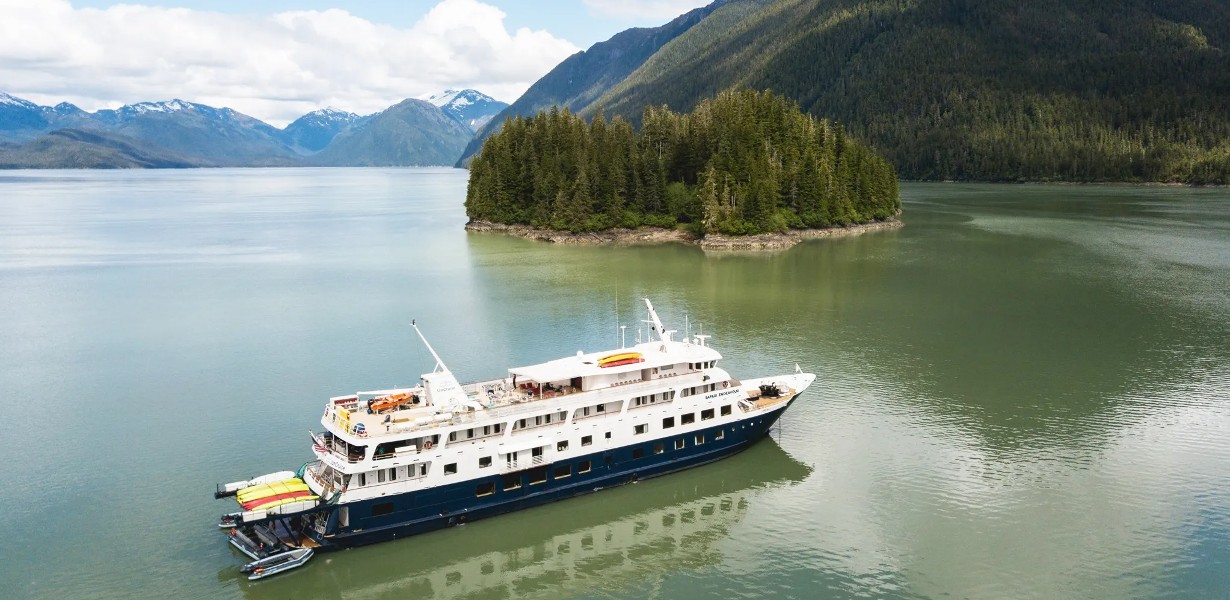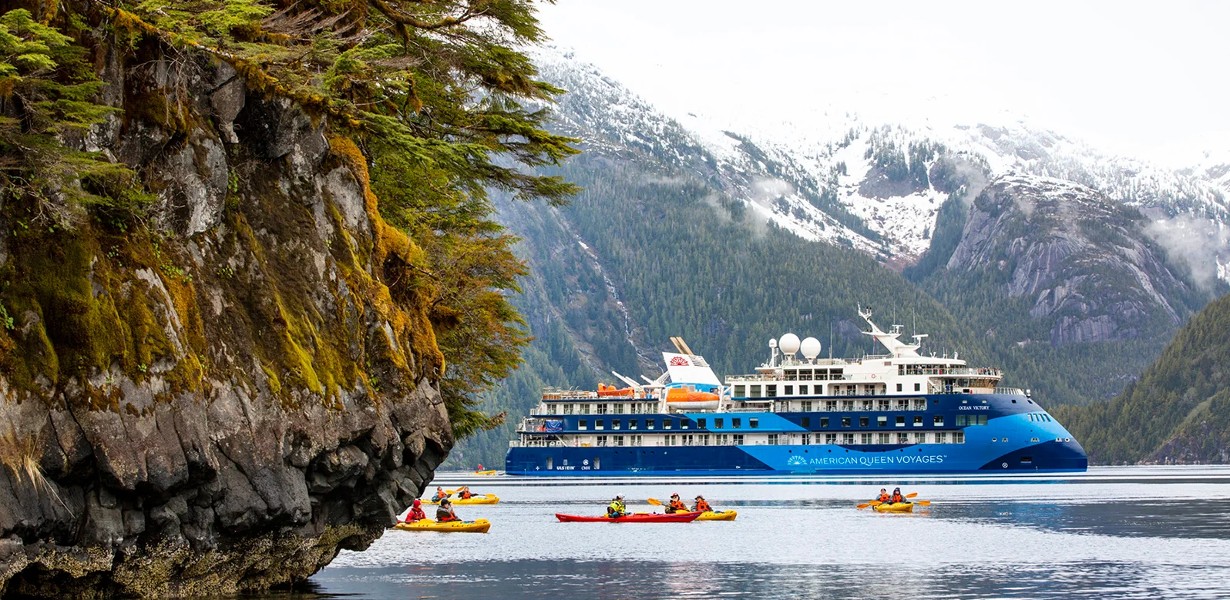
Safety & Security: Navigating Travel with Confidence
- Post
- August 21, 2023
- Safety & Security, Solo Travel Tips, Travel Tips
- 0 Comments
Embarking on a new adventure is exhilarating, yet safety remains the cornerstone of every successful journey. The allure of uncharted territories beckons us, but it’s crucial to acknowledge potential risks and take proactive measures to mitigate them.
Assessing Destination Risks
Before packing your bags, delve into thorough research about your chosen destination’s safety profile. Investigate factors such as crime rates, political stability, healthcare accessibility, and natural disaster history. Online resources, government advisories, and travel forums are valuable sources of up-to-date information.
Packing Smart: Essentials for Every Traveler
Your packing list extends beyond clothing and toiletries. Include items like a portable charger, a basic first aid kit, a copy of important documents (passport, travel insurance), and a versatile pocket tool. These simple additions can be invaluable during unforeseen circumstances.
Choosing Accommodation Wisely
Opt for accommodations located in safe neighborhoods or well-reviewed establishments. Check for security measures such as well-lit entrances, 24/7 reception, and in-room safes. Reading guest reviews can offer genuine insights into the safety aspect of your lodging.
Secure Digital Practices
In a digitally interconnected world, cybersecurity is paramount. Utilize virtual private networks (VPNs) to safeguard your online activities, avoid using public Wi-Fi for sensitive transactions, and enable two-factor authentication for your accounts.
Transportation Security
Whether you’re exploring a bustling metropolis or a tranquil village, prioritize transportation safety. Research reputable taxi services, use official ride-sharing apps, and familiarize yourself with local public transportation options.
Cultural Awareness and Respect
Cultural sensitivity contributes to your safety. Respect local customs, dress codes, and traditions. Blend in with the crowd to minimize the risk of drawing unnecessary attention.
Emergency Preparedness
Equip yourself with the knowledge of local emergency numbers and embassy contacts. Share your itinerary with a trusted friend or family member, and consider enrolling in government travel programs that offer assistance in times of crisis.
Health and Well-being
Prioritize your health by researching potential health risks at your destination. Consult a travel health specialist for necessary vaccinations and medications. Adequate travel insurance with medical coverage is non-negotiable.
Solo Travel and Group Dynamics
Traveling solo grants immense freedom, but it’s wise to strike a balance between independence and safety. Stay vigilant, avoid isolated areas at night, and trust your instincts. When traveling in groups, establish clear communication and safety protocols.
Flexibility and Adaptability
No matter how well you prepare, unexpected situations may arise. Cultivate a flexible mindset that allows you to adapt to changes while staying grounded in your commitment to safety.
Final Words
Venturing into the world opens up boundless possibilities, but these possibilities are best explored when underpinned by a solid foundation of safety and security. Embrace the thrill of discovery while implementing the strategies outlined in this guide. Travel, at its core, is about expanding horizons and enriching experiences, and by prioritizing safety, you’re ensuring that every moment is truly transformative.
Commonly Asked Questions
Q1. How do I research the safety of my chosen destination?
Researching a destination’s safety involves consulting government travel advisories, reading travel forums, and using online resources like crime maps and safety indexes.
Q2. What should I do in case of a medical emergency abroad?
In case of a medical emergency, contact local authorities and your embassy, if necessary. Having comprehensive travel insurance will provide coverage for medical expenses and evacuation if needed.
Q3. Is solo travel safe?
Solo travel can be safe with proper preparation. Research your destination, stay in well-reviewed accommodations, and prioritize your safety by following local guidelines and instincts.
Q4. How can I protect my digital information while traveling?
Protect your digital information by using a VPN, avoiding public Wi-Fi for sensitive activities, and enabling two-factor authentication on your accounts.
Q5. What should I do if I lose my passport or important documents?
In the unfortunate event of losing your passport or important documents, contact your country’s embassy or consulate immediately to report the loss and initiate the process for replacement.






